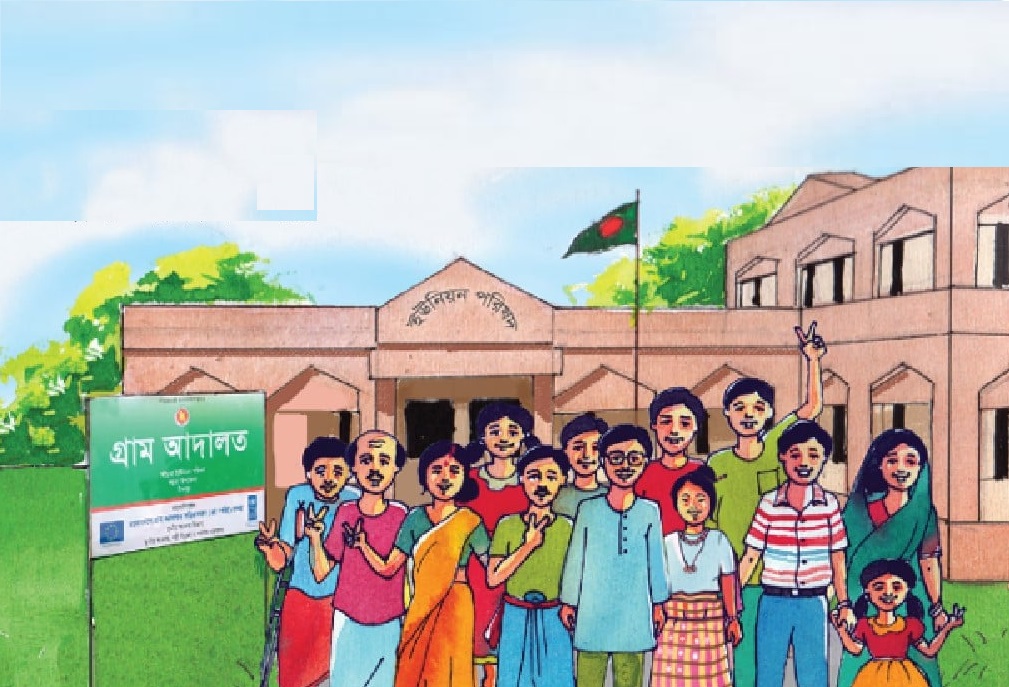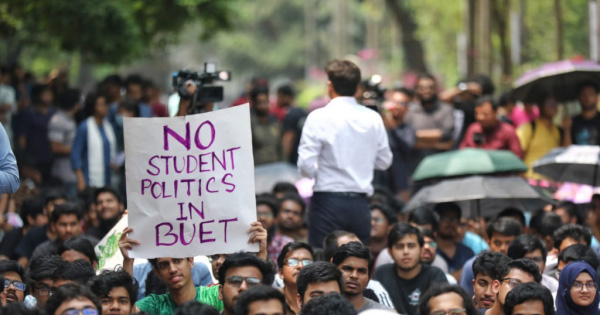In a disturbing turn of events, Tarikul Islam, a BNP-backed councilor candidate in Sirajganj, was brutally murdered shortly after his unofficial victory was announced. The details surrounding this tragic incident reveal a story of deep-seated political violence and an alarming trend that threatens the foundations of democratic values in Bangladesh. This incident, which took place in the presence of political tensions and a clash involving local activists, underscores the pressing need for accountability and a reassessment of the political climate fostered by those in power.
Over the past years, incidents like this have become frighteningly common in Bangladesh, particularly during election periods where rival political factions clash violently. Many of these attacks are reported to be orchestrated by ruling party activists, which raises questions about the culture of intimidation embedded within the political system. The murder of Tarikul Islam, reportedly carried out by members of the ruling party, shows how far the situation has devolved. Political rivals and opposition figures often face life-threatening consequences, solely for challenging the status quo or daring to stand up to the ruling elite. When political rivalry escalates into life-threatening violence, the democratic system loses its meaning. By fostering a culture that tolerates, if not encourages, acts of violence against opponents, Bangladesh risks becoming a nation where citizens are too afraid to exercise their political rights. The killing of Tarikul Islam speaks volumes about the impunity with which powerful groups within the ruling party appear to operate.
Although authorities have deployed additional police personnel in Sirajganj to prevent further clashes, the damage is already done. Quick deployment to contain violence is a temporary fix to a far more systemic issue. Without serious investigations and consequences, these gestures of security fall short. Arrests or statements alone cannot rebuild public confidence in a justice system that has repeatedly failed to hold perpetrators accountable, especially when politically motivated attacks are involved. The lack of transparency and accountability in cases like this encourages a culture of impunity, enabling those in power to act without fear of repercussions. The government must ensure that thorough, impartial investigations take place and that the rule of law is upheld without favoring any political party. This tragedy is not an isolated incident but a symptom of a much deeper rot within the country’s political system.
Bangladesh has a proud history of fighting for its independence and democratic values, but such incidents tarnish that legacy. When a local election candidate, supported by an opposition party, is murdered simply for participating in the democratic process, the country risks sliding away from democratic principles altogether. A system where opposition candidates are targeted and silenced has no place in a democracy. This violent act sends a grim message to future candidates who may now think twice before challenging the government or participating in local elections. It perpetuates an environment of fear, discouraging new voices from rising and diminishing the quality of political representation. When opposition voices are systematically suppressed, the core values of freedom and democracy wither away.
The government must take immediate, concrete actions to prevent further incidents like this from occurring. This includes:
1. **Ensuring a Free and Fair Investigation:** Authorities must launch a full and unbiased investigation into the circumstances surrounding Tarikul Islam’s death. Those responsible must be brought to justice, regardless of political affiliations.
2. **Enforcing Political Accountability:** The ruling party must condemn the use of violence unequivocally and commit to addressing these issues transparently. Without accountability, the party’s credibility and commitment to democratic principles are irreparably damaged.
3. **Strengthening Protections for Opposition Figures:** The state must actively protect individuals from opposition parties who participate in elections, ensuring that they can compete without fear of violence or retribution.
It is the duty of the government, as representatives of the people, to create a safe environment where all citizens can exercise their rights without fear. To do so, the ruling party must actively disavow violence, enforce strict disciplinary measures within their ranks, and uphold the democratic standards the country fought so hard to establish. Political rivalry should never reach the point of fatal violence. Peaceful competition in a democratic framework is what keeps nations healthy and prosperous. If the government fails to address and prevent such violent incidents, it will continue to corrode the political system and endanger the very democratic principles on which Bangladesh was founded.







